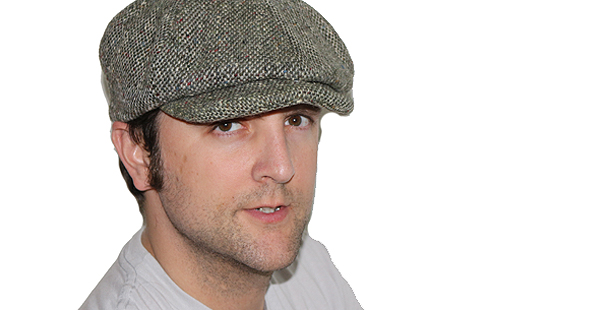Though English class was one of my strongest subjects in high school, I always loathed being forced to read dry, uncreative prose.
A.K.A. Canadian literature.
Nothing deflates you more than reading about an elderly woman ruing the decisions she made in life. No slight against Margaret Laurence or her talent, or even The Stone Angel for that matter, but Canadians in their fiction prudence have always pooh-poohed the worlds created by genre writers.
Which explains why we, as students, were admonished for even suggesting a Stephen King book as part of our independent study unit.
Past curricula aside, midtown Toronto is rife with literary history. Robertson Davies attended school at Upper Canada College from 1928 to 1932. Ernest Hemingway called 1597–1599 Bathurst St. home, and the cornerstone of the Canadian literary scene, Margaret Atwood, comes home to roost in midtown.
But what of the genre-fiction crowd? Do they have a place in midtown?
I’ve spoken with several self-published authors in the past few months, and have an idea that it’s an uphill battle for those who don’t fit the literati’s guidelines.
In a recent interview with Forest Hill novelist John Kenny, who penned The Spark, the publishing scene sees genre as a four-letter word.
“There’s very little published in terms of Canadian commercial fiction,” he said. “That’s the sad reality.”
Still, I needed to track down a Toronto author who has had his horror-thriller manuscripts printed by a big publishing house, say like Simon and Schuster.
That writer turned out to be Andrew Pyper, whose recent novel, The Demonologist, is a No. 1 bestseller in Canada.
The Dufferin Grover did not shy away when asked about the Canlit versus genre fiction debate, but did say the old guard was loosening up.
“I think the Canlit brand, unquestionably, is literary in its preferences and its precedence,” he said. “Typically when you think Canlit, you don’t think of thrillers, you don’t think of mysteries, you don’t think of horror, you don’t think of suspense.
“But I do think that it’s changing incrementally. Even over the years, the decade and a half that I’ve been publishing, I have sensed small baby steps where the cultural institution is opening its doors inch-by-inch to commercial writers more and more.
“I think I’d like to see it happen more swiftly and with less reluctance, but it is happening and I am encouraged by it. I think it’s a sign of our culture’s sophistication.”
I’m passionate about genre fiction being accommodated by publishers, critics and literary writers. If we want to encourage others to read, we need to accommodate their interests.
Pyper drives this point home the best way a Canadian can.
“I think storytelling in Canada ought to be seen as a crazy party where everybody should be invited. And the more people that come to the party, the better party it will be. I think among the party-goers should be the writers of mystery, horror, fantasy, along with the more traditional modes of literary realism. I just think it will enrich our culture to open the doors wide.”
A party sounds great. I’ll bring the beer.

